Amid nationwide pressure to end the toxic legacy of these “forever chemicals,” a new tide of state and federal per- and polyfluoroalkyl substances (PFAS) legislation is inundating the country. Last month, Michigan Representatives Debbie Dingell and Fred Upton, along with 25 other members of Congress, introduced a bold new PFAS Action Act to the House of Representatives. The proposed bill includes some far-reaching provisions like establishing certain PFAS as “hazardous substances” under the Superfund law--an action that remains highly controversial.
This year alone, over 180 bills concerned with PFAS will be under consideration in 27 states. Many of these laws aim to establish safe drinking water levels, phase out PFAS based firefighting foams, allocate money towards research and remediation of PFAS, and address PFAS in consumer products, particularly in food packaging. Outside California, states that have recently passed laws concerning PFAS include…

